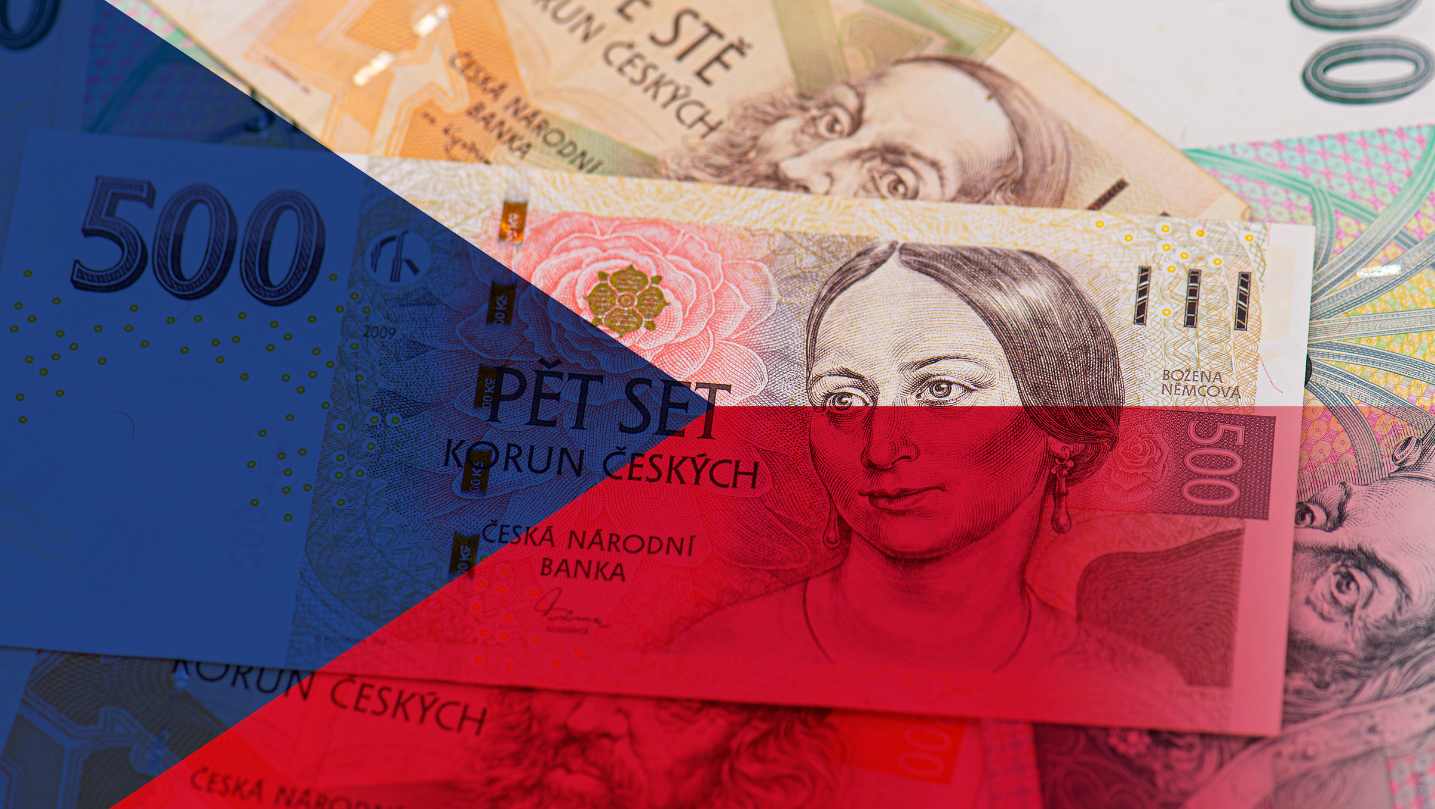Euro Debate: Czech Government to Review Readiness for Adoption
Prague Morning

On Wednesday, April 9, the Czech government will discuss the annual assessment of the country’s readiness to adopt the single European currency.
A decision on when — or whether — Czechia will join the eurozone remains off the table, as the governing coalition remains split on the issue.
The cabinet’s programme statement does not commit to adopting the euro. Instead, it pledges to meet the Maastricht criteria — the EU’s convergence benchmarks for euro adoption.
Last year, the country fulfilled four of the five: price stability, interest rates on long-term government bonds, deficit levels, and public debt.
The only outstanding requirement is exchange rate stability, as Czechia is not yet part of ERM II, the EU’s exchange rate mechanism. Economists have advised that the country should only join ERM II once a date for adopting the euro is set, and for the shortest possible period.
Although Czechia formally committed to joining the eurozone when it entered the EU in 2004, no deadline was ever established. The Ministry of Finance maintains that the decision on when to adopt the euro lies with each member state — but should depend on economic readiness, not just formal criteria. Alignment with the eurozone’s broader economic environment is also essential.
According to the Czech National Bank’s latest annual assessment, the domestic economy is closely linked to the eurozone through trade and investment ties, and the koruna often mirrors the euro’s response to external economic shifts. But key differences remain: the Czech economy is more heavily industrialised than the eurozone average, and wage and price levels still lag behind.
The country has made substantial progress in meeting fiscal requirements, lowering its national deficit from 3.8% to 2.2% of GDP. But political momentum remains weak. Public support is also limited — nearly three-quarters of Czechs oppose adopting the euro, with backing stuck below 25%, according to recent polls.
The government briefly considered setting a timeline for entering the eurozone or ERM II last year but ultimately backed away. In November, a proposal from the STAN party to appoint a national euro coordinator was also rejected.
Of the ten countries that joined the EU alongside Czechia in 2004, seven have since adopted the euro. Only Poland, Hungary and Czechia remain outside. Croatia became the eurozone’s newest member in 2023, bringing the total number of euro-using EU states to 20 out of 27.
Within the governing coalition, the Mayors and Independents (STAN), KDU-ČSL, and TOP 09 support euro adoption, pointing to smoother trade and reduced currency conversion costs.
The ODS, the largest governing party, remains firmly opposed, while the Pirates take a more neutral stance. Finance Minister Zbyněk Stanjura (ODS) has said euro adoption would only be realistic if at least half of the population supported it.
The opposition remains sceptical. ANO warns that joining the euro would mean surrendering control over national monetary policy. Karel Havlíček (ANO) said Czechia would become dependent on the European Central Bank in times of economic crisis. Radim Fiala, leader of the SPD parliamentary group, echoed this concern, warning that giving up monetary sovereignty would strip the country of a vital economic lever.
The National Economic Council (NERV) has highlighted several benefits, including cheaper access to financing, increased trade, and lower transaction costs. Still, it warns that no move toward the euro should take place without widespread public backing.
Would you like us to write about your business? Find out more
-
NEWSLETTER
Subscribe for our daily news









